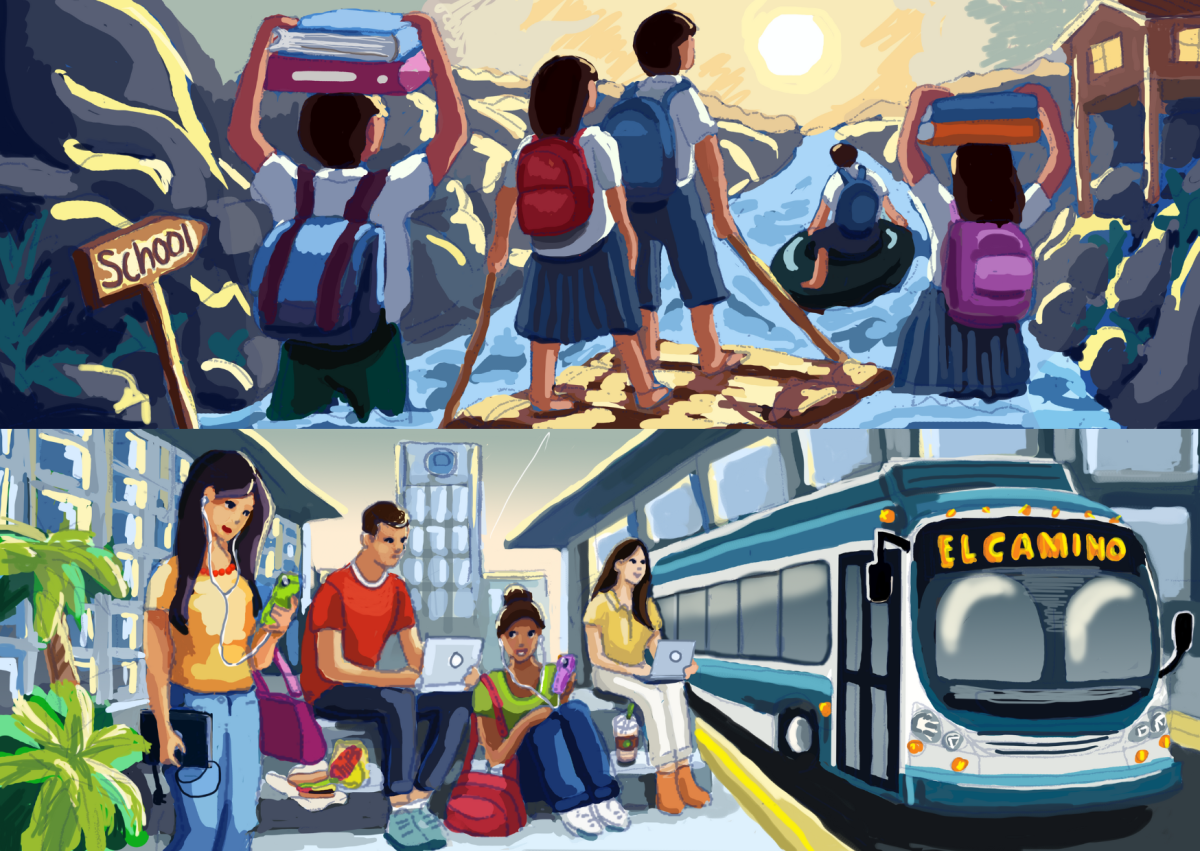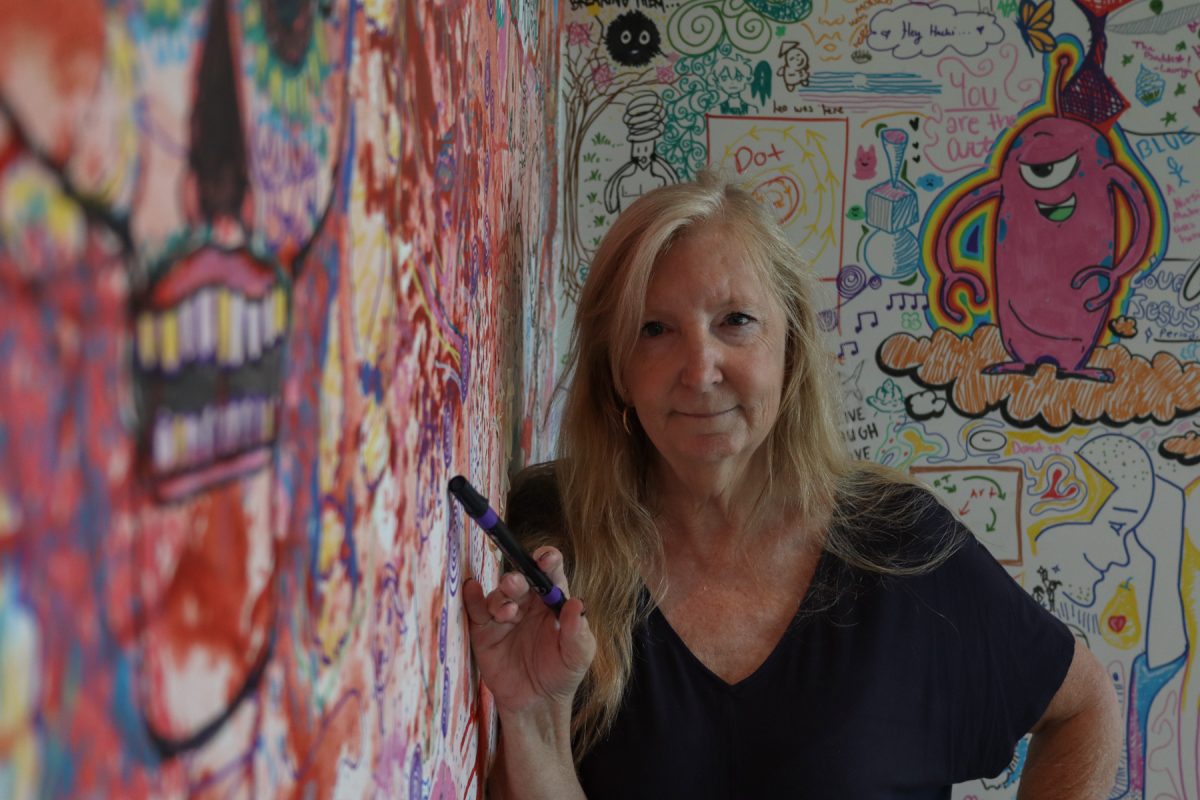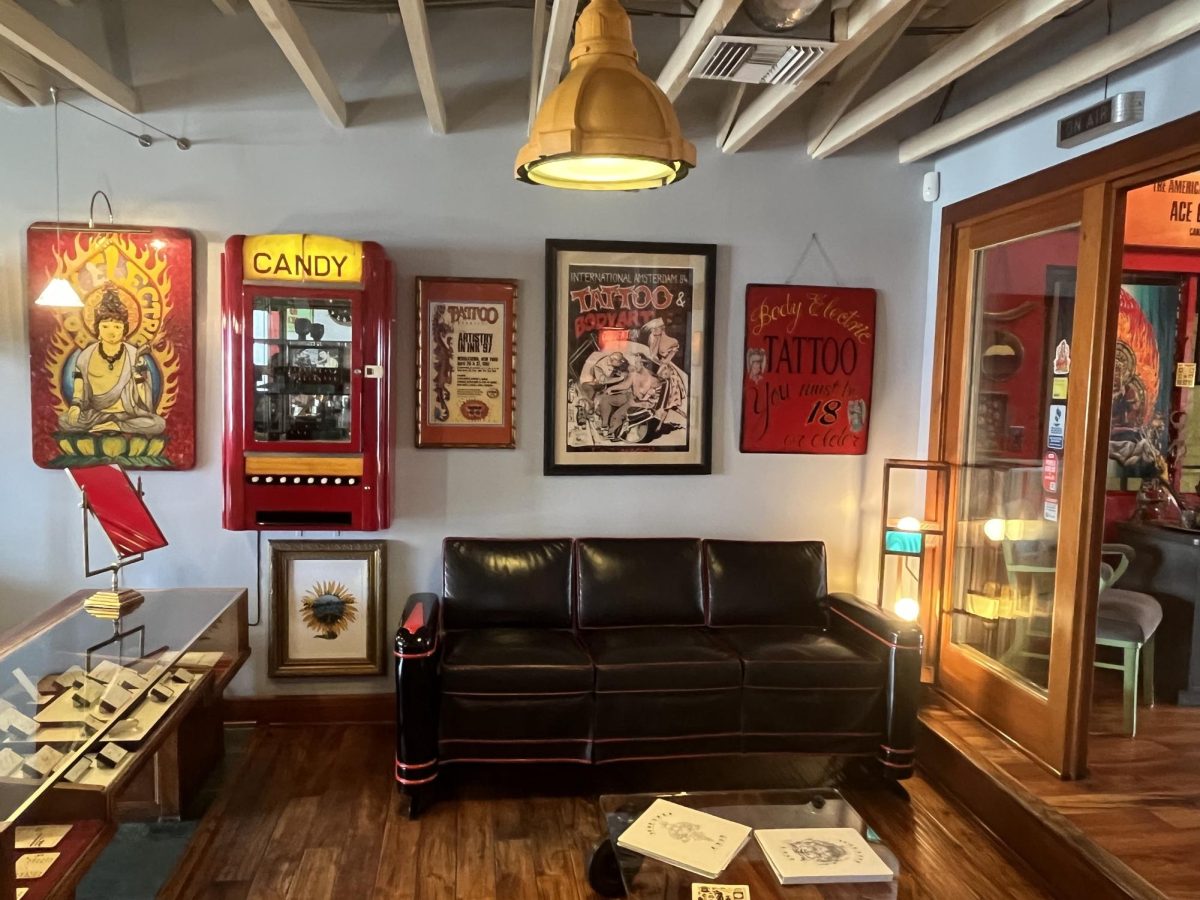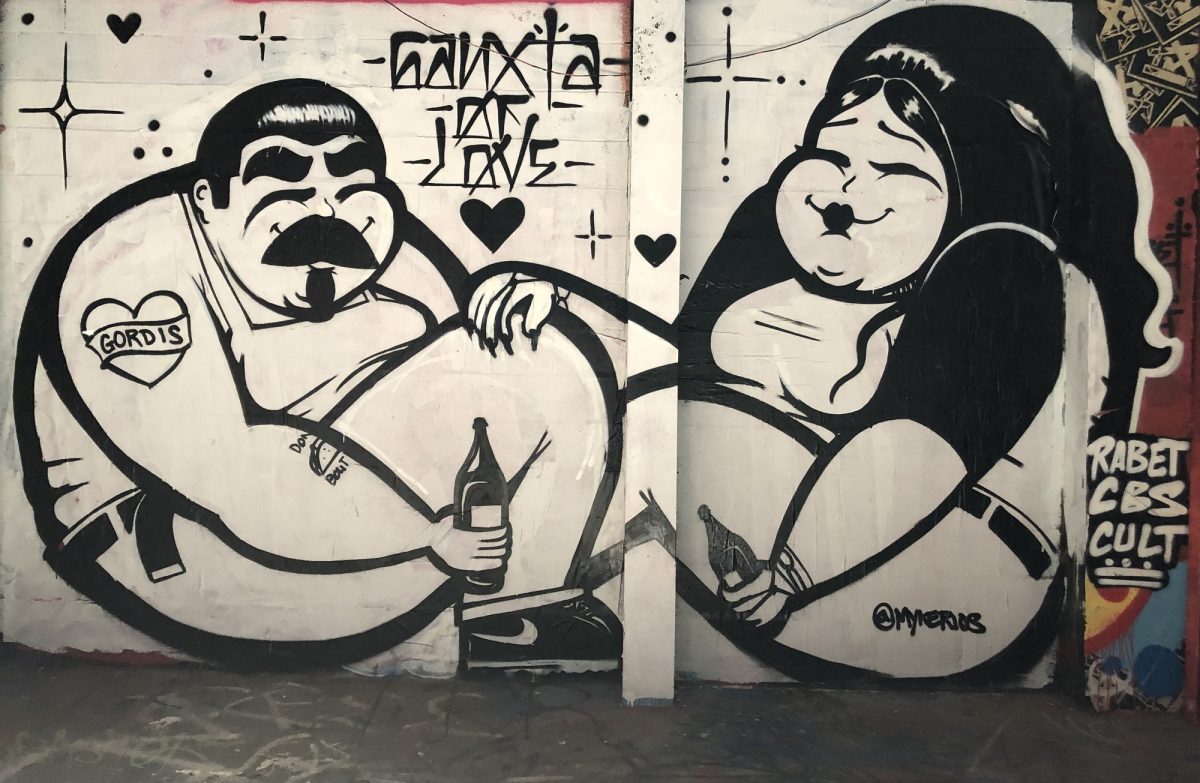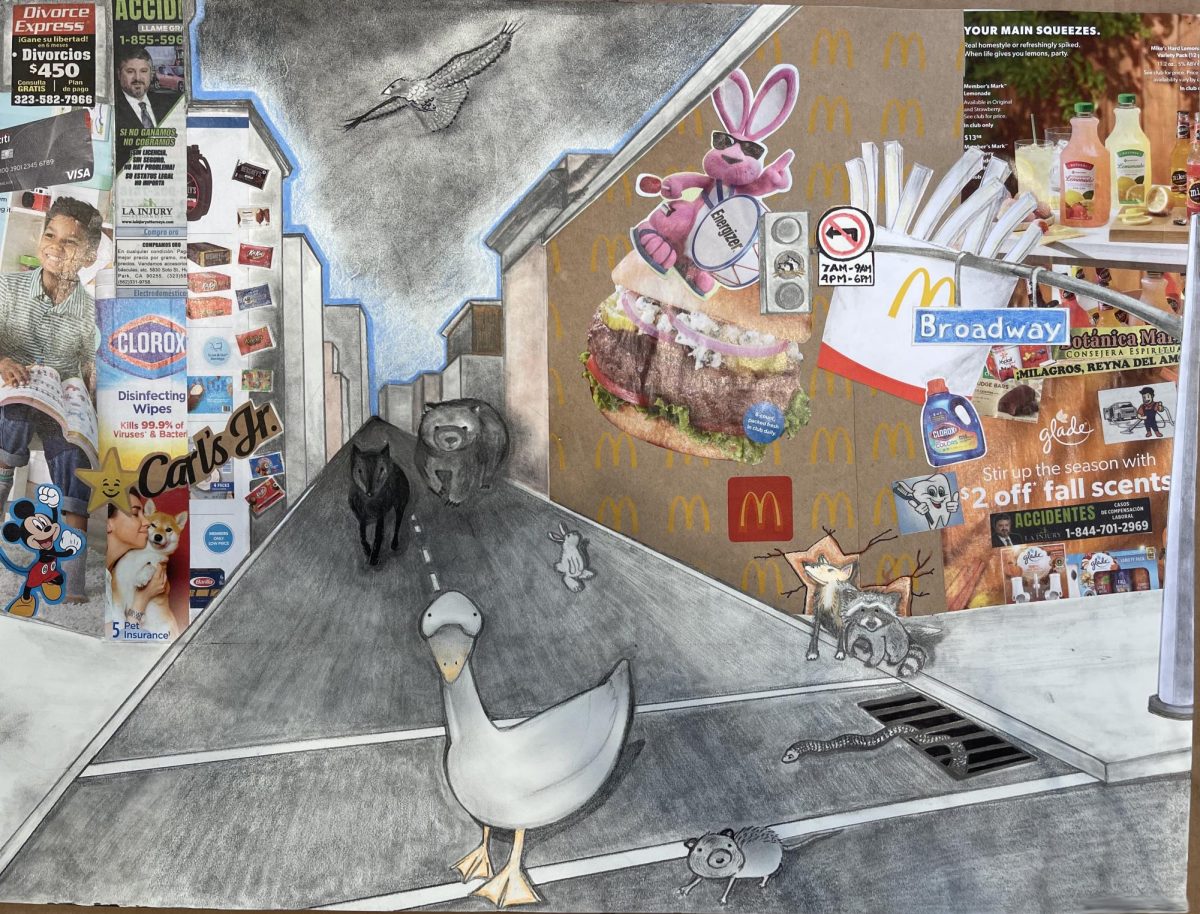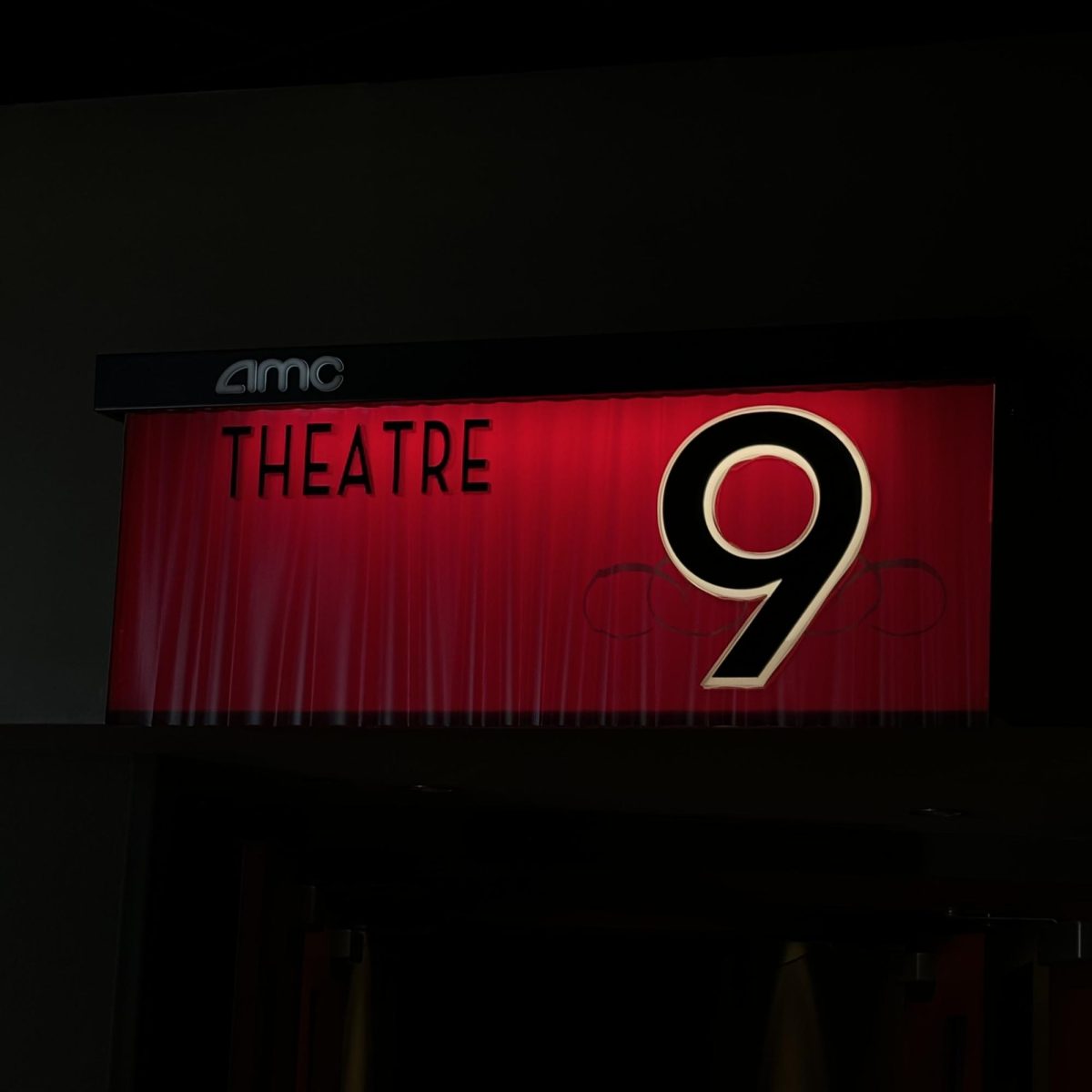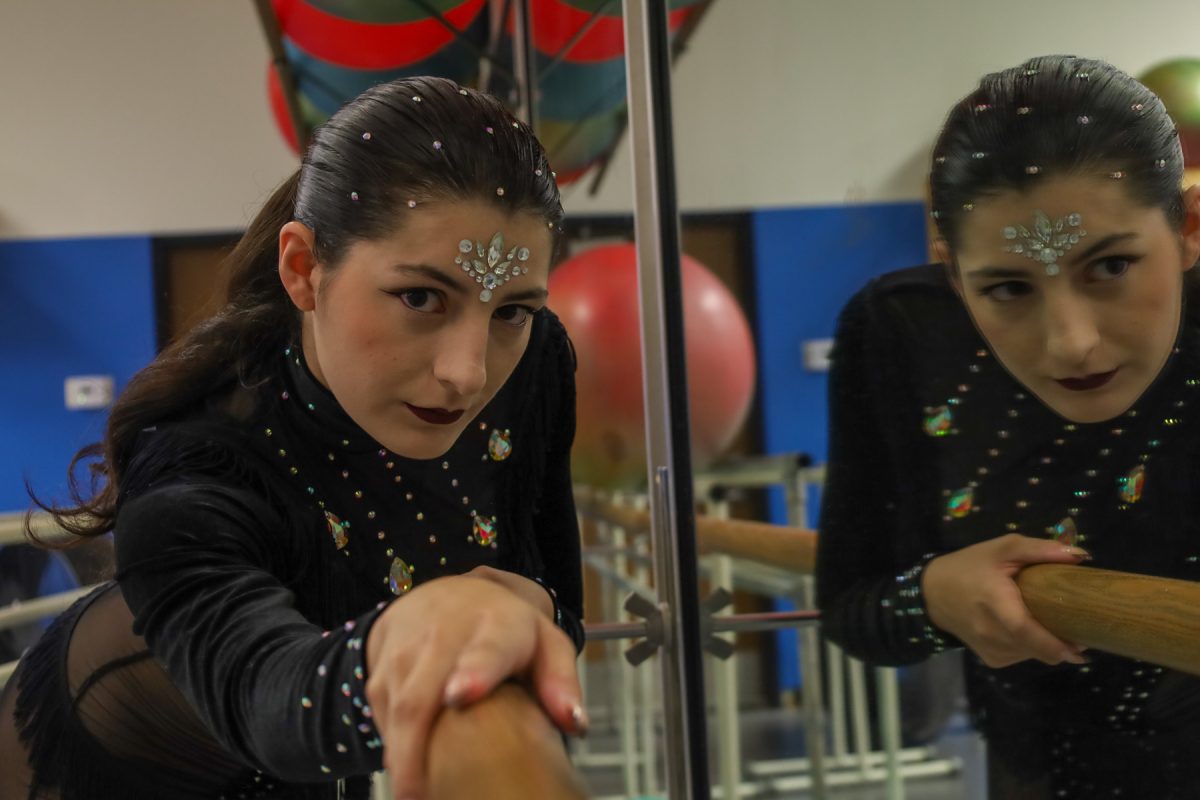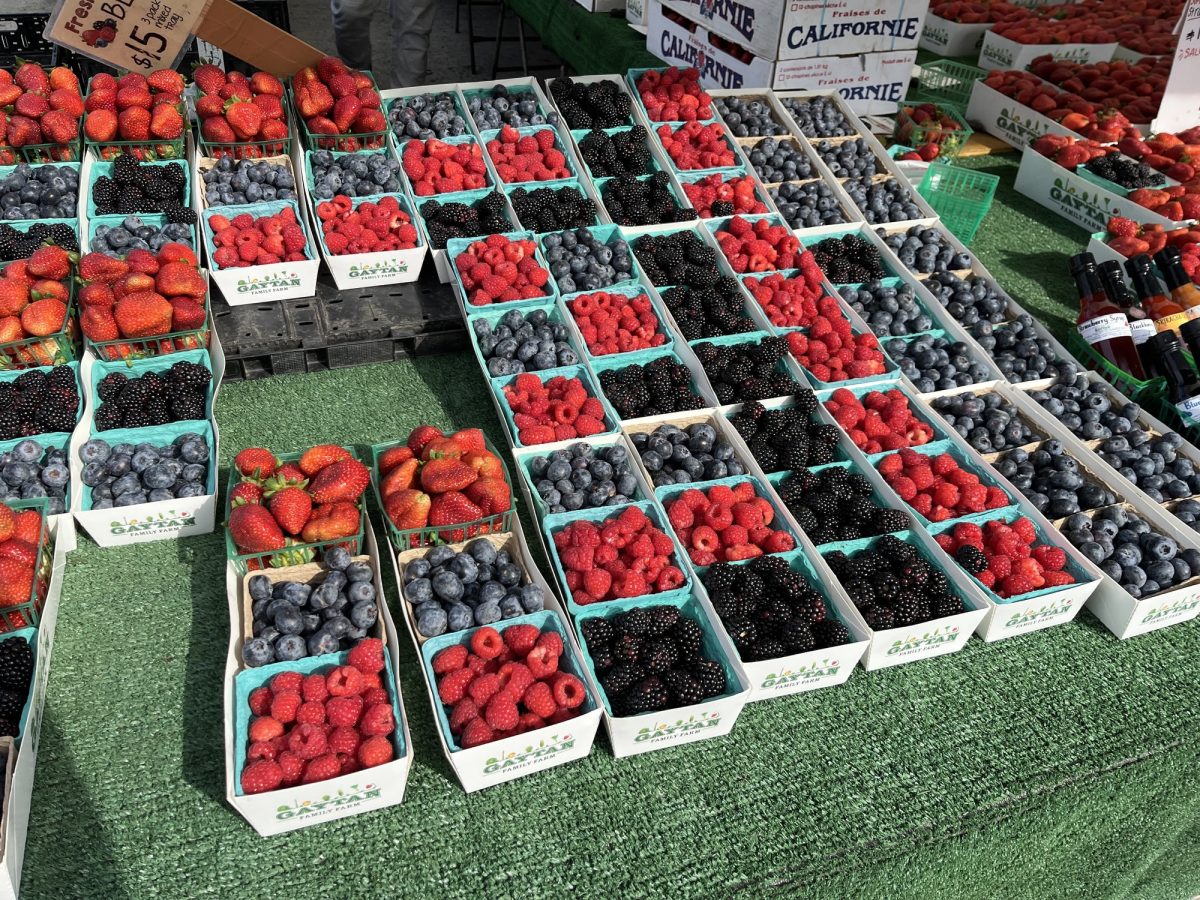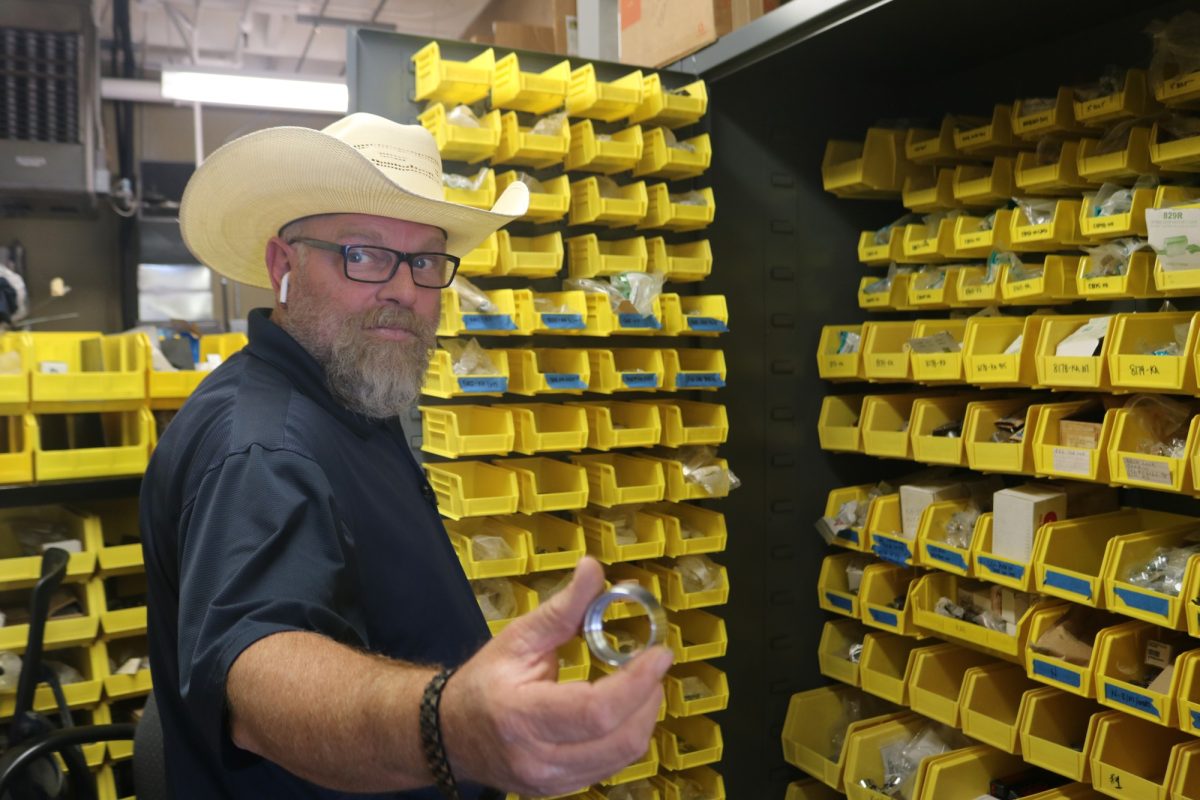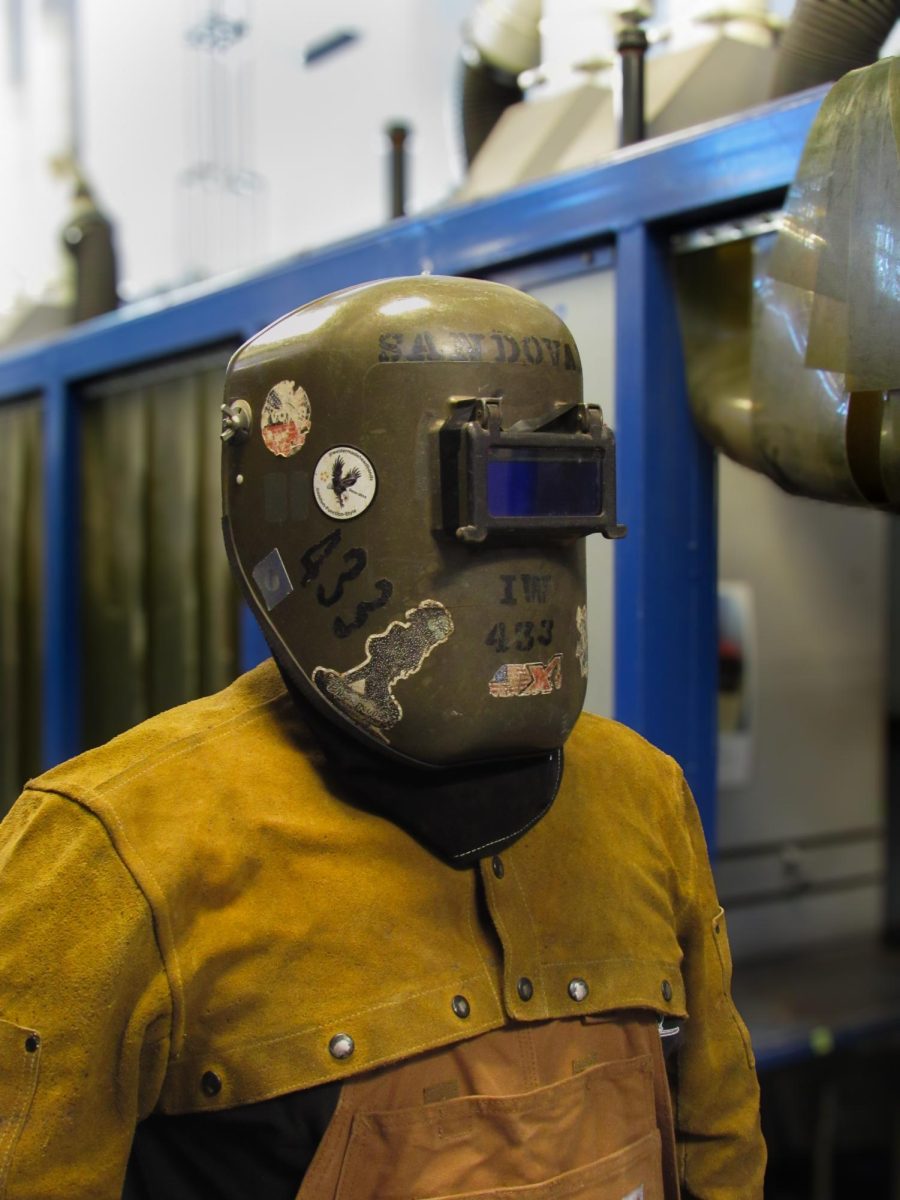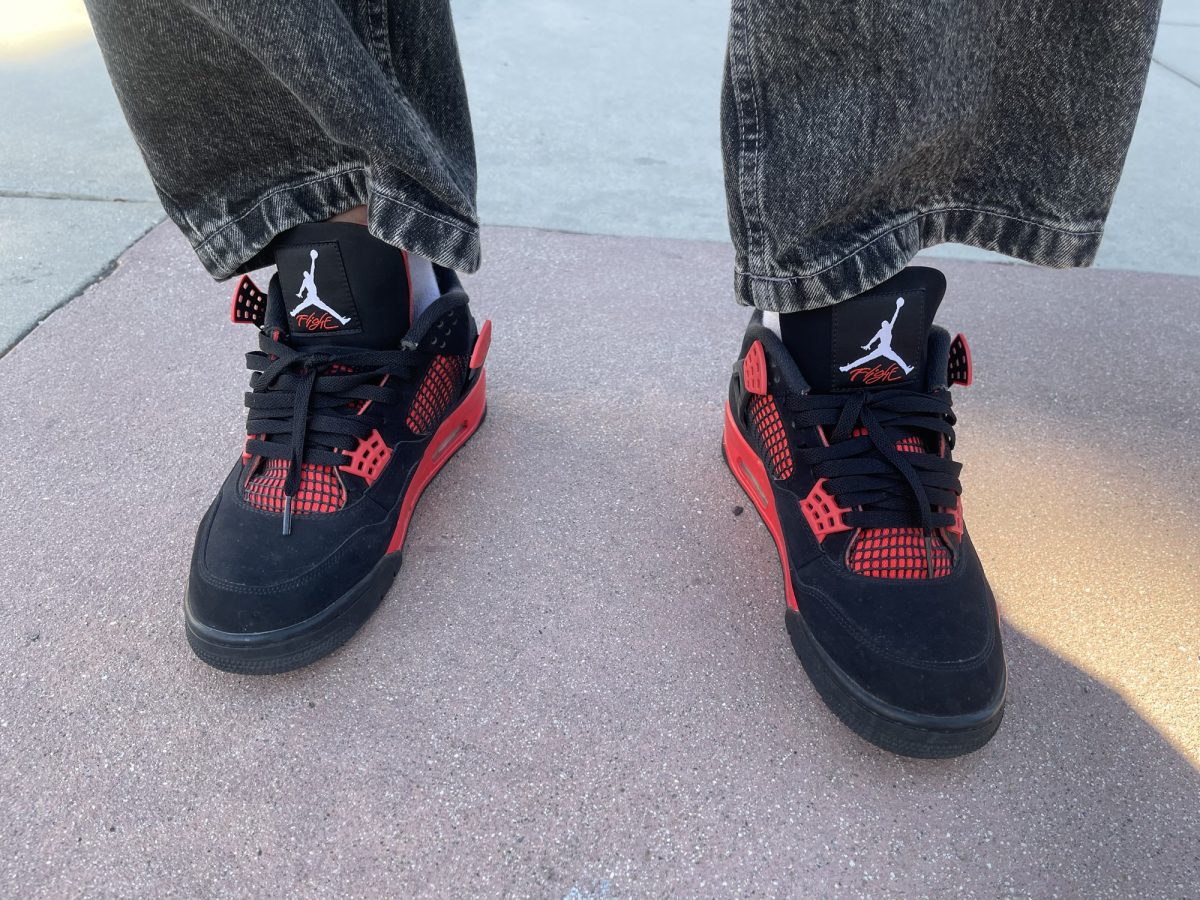The room looks so much bigger from this angle. This was my first thought the first time I lay down on a pile of old rolled-up mattresses that would serve as my makeshift bed for two years.
Am I doing the right thing? This would be a persistent question, especially when the cold months started arriving and the three single half-inch foam pads piled on top of one another would not be enough to protect my back from the cold floor.
Those were the times when I would most miss the queen-sized bed with a six-inch mattress that I had back in Manila.
As an international student, staying with my mother in Harbor City would save me tuition money.
Every night, looking at the ceiling before closing my eyes for the day, I would question my decision to go back to school for yet another degree.
It was easy enough to quit. After all, I already had two bachelor’s degrees in public administration and law.
But every night, I would think of the 25 million students in the Philippines who would scoff at this inconvenience and probably tell me to quit my whining.
*********
In June 2022, I was visiting my mother in the U.S. when the Philippines elected the son of a Philippine dictator as its 17th president.
Thirty-six years after they fled the country because of a bloodless revolution that international media dubbed as People Power, the Marcos family successfully reinstalled themselves in Malacañang, the seat of power.
Thanks to an election marred by widespread lies, propaganda and systematic revision of Philippine history through fake videos and social media posts, the namesake of the dictator won by a landslide.
Like many Filipinos who had become disillusioned by the political landscape in the country, I felt I couldn’t return home until I had armed myself with the skills to take on the lies.
I decided to take film classes, to learn how to expose the truth through cinema, the same medium Philippine politicians use to disseminate untruths.
I wasn’t deluded enough to think that I could turn the tide. But I wanted to do my part.
The academic counselor told me to take journalism classes instead. I am taking both.
Revisiting the why would be my inner pep talk.
Other than that small matter of my sleeping arrangement, being a student in the United States is easier than being a student in the Philippines.
There are plenty of support services for students here.
When the pandemic forced schools to adopt online learning, the Philippines, a developing country, didn’t have the infrastructure to support this style of education.
Internet service was bad even for those who could afford it. In a country of 109 million, only 56.1% of households had internet access. Reuters reported in 2021 that students had to “scale roofs and trek up mountains” to catch an internet signal.
Around the same period, 90% of U.S. households had a broadband internet subscription.
At El Camino College, there was a program that lent wifi hotspots to students. While it has been discontinued, the L.A. County Library recently introduced a program where students can borrow portable hotspots for six weeks.
And there’s the matter of getting to school. Owing perhaps to California’s car culture and its proud heritage of being “the world’s first auto-civilization,” public transport here is disappointing.
It’s certainly not something one would expect of the world’s richest country.
The bus schedule is erratic; sometimes it will take two hours of waiting before a bus arrives.
The buses aren’t pristine; sometimes you’ll see a trickle of urine snaking down the aisle from an unwashed passenger.
And taking the bus is not as safe; sometimes a fistfight would break out and it will take your non-existent kung fu skills to dodge a wayward punch.
While riding the Torrance Transit or L.A. Metro is not as convenient as driving, the experience is still more comfortable — by a mile — than taking public transport in Metro Manila.
Plus here, students who can’t or won’t drive can get a free bus pass. The Metro U-Pass gives unlimited bus rides to various bus lines and is available at the El Camino Basic Needs Office.
The L.A. County Metropolitan Transportation Authority and the L.A. Department of Transportation recently rolled out a pilot program offering free prepaid transportation cards to low-income residents. Each person selected can get as much as $1,800 in free rides to Metro lines.
Most Filipino students would trade these for their morning commute.
Like the elementary students in a remote village in Rizal who had to ride an inflated tire tube so they could cross the river to get to school. Or those who take a raft, cross a rope bridge or even swim to school.
Then there’s Lizabel Lansican, who, at 11 years old in Maguindanao in Southern Philippines, had to walk six hours “through cornfields and rivers” every day just to get an education.
El Camino students can also borrow laptops and calculators from the library and get help with homework and writing assignments from tutoring programs around campus.
Free quick snacks are available around campus and there is free food and toiletries at the Warrior Pantry. There’s free clothing from the Warrior Closet.
There are also referrals for child care and temporary and permanent housing programs. Mental health services are provided to students.
It’s apples and dalandan comparing the two, some might say. Dalandan is Filipino for orange.
You can even argue that this is a classic case of schadenfreude, or pleasure derived from another person’s misfortune.
Maybe.
But I’ve experienced going to school both in the Philippines and the U.S.
Sometimes it takes a different perspective to appreciate that a room can look so much bigger from another angle.



